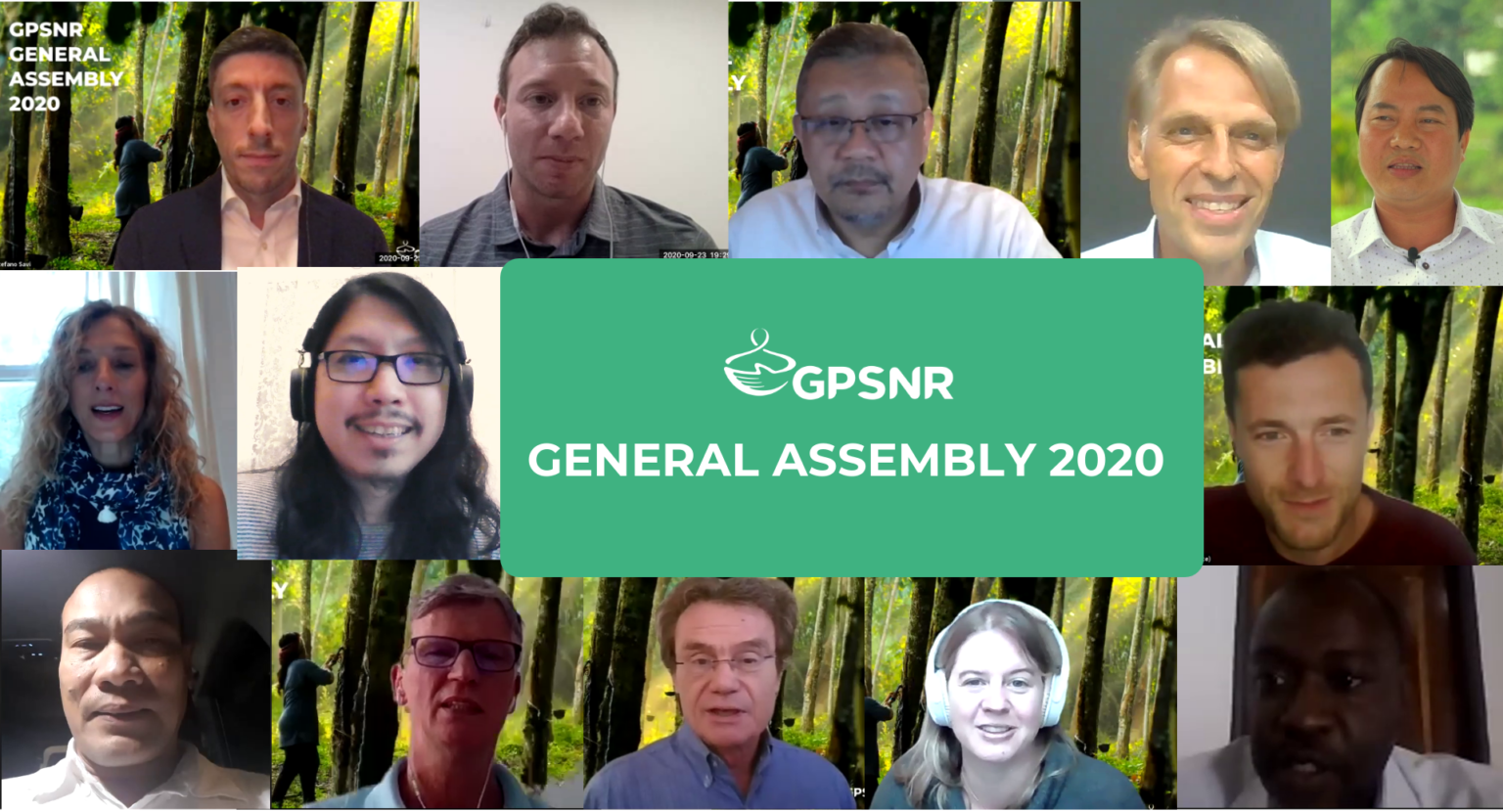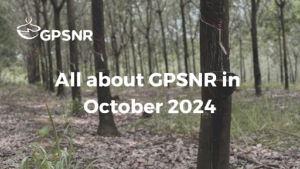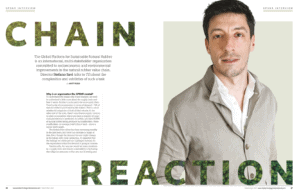GPSNR’s second General Assembly was opened by Director Stefano Savi, who wished everyone a warm welcome to the virtual event.
Next on the agenda was a message from Dr Gerd Müller, the German Federal Minister for Economic Cooperation and Development. The message was delivered via video by Sebastian Lesch, Head of Unit – International Agricultural Policy, Agriculture, Innovation, from the German Federal Ministry for Economic Cooperation and Development (BMZ). In his message, Dr Müller underscored BMZ’s support for GPSNR as a member and donor. He also urged all links in the natural rubber supply chain to continue to work towards comprehensive sustainability.
Stefano also took the opportunity to acknowledge and thank BMZ and other donor partners such as Partnerships for Forests (P4F), a UK aid funded program, for their continued support, as well as WBCSD and the Tire Industry Project for their support in the Platform’s launch phase.
The opening remarks were delivered by Segsarn Trai-Ukos, Chair of the GPSNR Executive Committee. In his remarks, Segsarn summarized the achievements of the Platform over the past 18 months, recognising the dedication and effort put in by members of the Working Groups and the Executive Committee despite the global pandemic. “We have accomplished much in our first 18 months, and I’m excited to see our continued progress as we move forward.” he concluded.
After the opening remarks, Stefano gave a Secretariat Update, showing how GPSNR has grown since the first General Assembly. Membership has almost tripled, and engagement remains high. On the Communications front, GPSNR maintains a global outreach with its website, and has seen an increase in social media followers, along with mentions and features by numerous media outlets. Stefano also touched upon GPSNR’s financial status, which he described as healthy.
The various Co-Chairs of the respective Working Groups then proceeded to give a brief update on what they have achieved so far, as well as the next steps. For a more detailed look at what comes next for our Working Groups, check out the article ‘The Road Ahead for GPSNR’s Working Groups’.
And finally, the moment everyone had been waiting for – the results of the voting.
The verdict for each resolution was revealed one at a time, with the number of votes for, against and abstained, displayed for each resolution. All proposed resolutions were passed with overwhelming majorities.
Up next to be revealed were the results of the Executive Committee elections. These were announced by category, with the elected representatives giving a short speech after being introduced. For a look at GPSNR’s second Executive Committee, check out our article ‘A First Look at GPSNR’s second Executive Committee’.
Lastly, Co-Chair of the GPSNR Executive Committee, Amy Smith, delivered some heartfelt words as part of her closing remarks. “We all have the responsibility to drive sustainability in the global marketplace because our forests, wildlife, climate, communities and businesses depend on it,” she said. “And GPSNR has the ability to effect that transformational change.”






